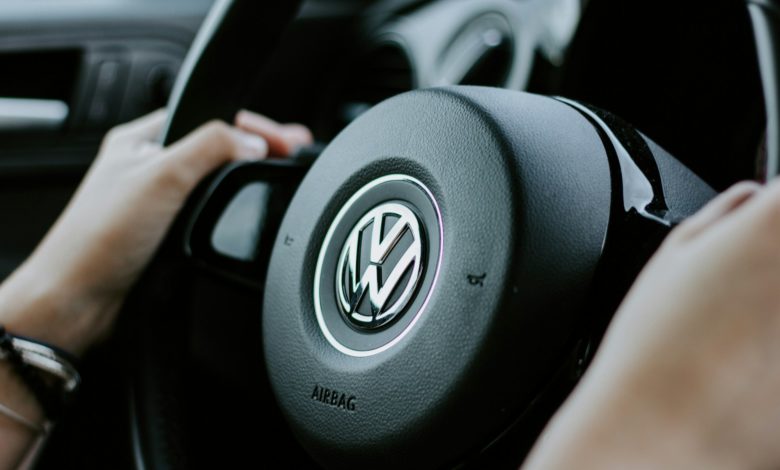A New Era in Electric Vehicles: Rivian and Volkswagen

Rivian, the electric vehicle (EV) startup, recently announced an exciting new joint venture with established automaker Volkswagen (VW). This news brings exciting possibilities for the EV maker and is raising questions about the future of the EV landscape.
Rivian's Growth
A key aspect of the deal is Volkswagen's significant investment in Rivian. The initial $1 billion, with the potential for an additional $4 billion by 2026, provides Rivian with much-needed capital. This allays concerns about Rivian's ability to fund operations – its "runway" – as it gears up for the production of its next-generation vehicles, the R2 and R3 SUVs.
Collaboration for Tech Advancements
The joint venture focuses on co-developing software and electrical architecture for future vehicles. This collaboration positions both companies to benefit from:
- VW's Expertise: Rivian gains access to VW's vast manufacturing experience, global reach, and established supply chains, potentially accelerating production and lowering costs.
- Rivian's Innovation: VW can leverage Rivian's cutting-edge technology and expertise in skateboard platforms (flexible vehicle underpinnings) to enhance its own EV development.
Potential for Competition Remains
Despite the collaborative aspects, areas of potential competition remain:
- Market Share: Both companies aim to sell vehicles utilizing the jointly developed technology, leading to competition for market share in the lucrative EV segment.
- Branding: Rivian aspires to establish itself as a premium EV brand, while VW is known for a wider range of vehicle classes. This competition could play out in terms of brand positioning and consumer perception.
A New Era for EVs?
The implications of this partnership could be far-reaching, potentially leading to:
- Technological Advancements: The combined resources of VW and Rivian could accelerate breakthroughs in software and battery technology, critical for future generations of EVs.
- Industry Consolidation: This joint venture could be a harbinger of further consolidation in the EV space, with established automakers seeking partnerships with innovative startups.
- Faster EV Adoption: By lowering production costs and potentially creating more compelling EV options, this collaboration could accelerate the mass adoption of electric vehicles globally.
Challenges and Uncertainties
- Merging Cultures: Integrating the cultures and working styles of a large, established company like VW with a fast-paced startup like Rivian could be complex.
- Execution Risk: Successfully translating the vision of the joint venture into tangible products and navigating potential intellectual property hurdles will be crucial.
The Road Ahead
The Volkswagen-Rivian partnership is an exciting and significant development in the EV landscape. While both collaboration and competition are likely, the outcome will depend on how effectively these two companies navigate their new alliance. This collaboration could usher in a new era of innovation and accelerate the global transition towards electric mobility. However, successful execution and a smooth merging of cultures will be essential for the partnership to reach its full potential.




